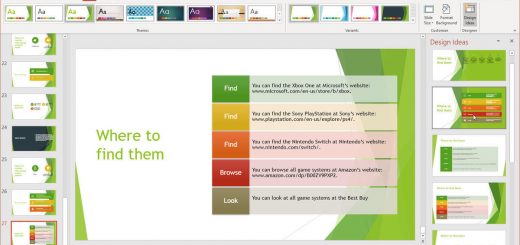The Different Types Of 3D Printing Services
3D printing, also known as additive manufacturing, is a process of creating three-dimensional objects from a digital file. It uses layer-by-layer material deposition to build the final product, making it possible to create complex and intricate designs that would be difficult or impossible to achieve using traditional manufacturing methods.
There are various types of 3D printing services available in the market today. Each type has its own unique benefits and applications, making it important to understand the differences between them.
Rapid prototyping:
Rapid prototyping is one of the most common applications of a 3D printing service, allowing businesses to quickly and cost-effectively create prototypes of new products or components. Using additive manufacturing technology, designers and engineers can turn digital designs into physical prototypes within hours or days, enabling iterative design iterations and faster product development cycles. Rapid prototyping services offer a variety of materials, including plastics, resins, and metals, to simulate the properties of the final product accurately.
Custom manufacturing:
3D printing services also cater to custom manufacturing needs, providing on-demand production of low-volume or custom-designed parts and products. Whether it’s manufacturing spare parts, customized components, or bespoke products, 3D printing offers unparalleled flexibility and customization options. Clients can upload their designs or work with 3D printing experts to create custom solutions tailored to their specific requirements, without the need for expensive tooling or extensive setup costs.
Production-grade 3D printing:
With advancements in 3D printing technology and materials, some 3D printing services now offer production-grade capabilities suitable for high-volume manufacturing applications. Industrial-grade 3D printers can produce end-use parts and components with properties comparable to traditional manufacturing methods, such as injection molding and CNC machining. Production-grade 3D printing services are ideal for industries like aerospace, automotive, and healthcare, where quality, precision, and durability are paramount.
Multi-material 3D printing:
Multi-material 3D printing services enable the fabrication of complex parts and assemblies using multiple materials in a single print job. This capability allows for the creation of functional prototypes, models, and products with varying textures, colors, and material properties. Whether it’s combining rigid and flexible materials, simulating overmolding, or integrating electronics, multi-material 3D printing offers endless possibilities for innovation and design freedom.
Medical and healthcare applications:
In the field of healthcare, 3D printing services play a transformative role in patient care, medical research, and device manufacturing. Medical-grade 3D printing services specialize in producing patient-specific anatomical models, surgical guides, prosthetics, implants, and dental restorations with exceptional precision and accuracy. These services enable personalized healthcare solutions, improve surgical outcomes, and enhance patient satisfaction.






